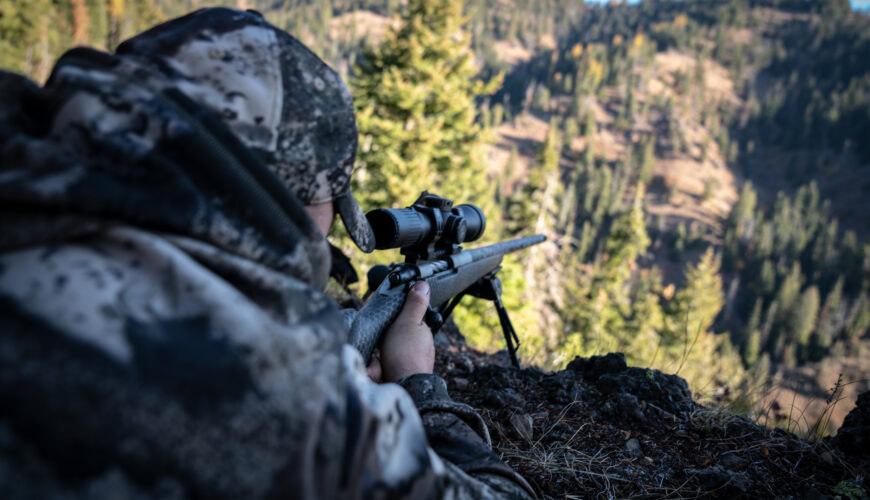Tactics
Sporting Clays Technique: How To Deal With Teal
November 24, 2025 •Mark Chesnut
August 29, 2023
Backcountry hunting is one of the greatest hunting experiences you can ever have. While it may be more difficult than your typical hunt, it’s worth it for the transformative adventure it offers. In the backcountry, hunters can experience the raw world of mother nature, unplugged from everyday technology, while putting their hunting skills, physical ability and mental resolve to the test. To have a chance at succeeding in this wonderful crucible, make sure you follow these tips.

Backcountry hunting is not for the faint of heart. It demands great physical fitness and the ability to traverse long distances over difficult terrain, all while carrying heavy hunting gear (plus you’ll have to pack out whatever you kill on the way back). To go hunting in the backcountry, you’ll need to train and condition yourself to make sure you’re fully prepared. You’ll need to ensure your physical strength, endurance, and flexibility are all up to snuff if you plan on tackling the challenge of the backcountry.
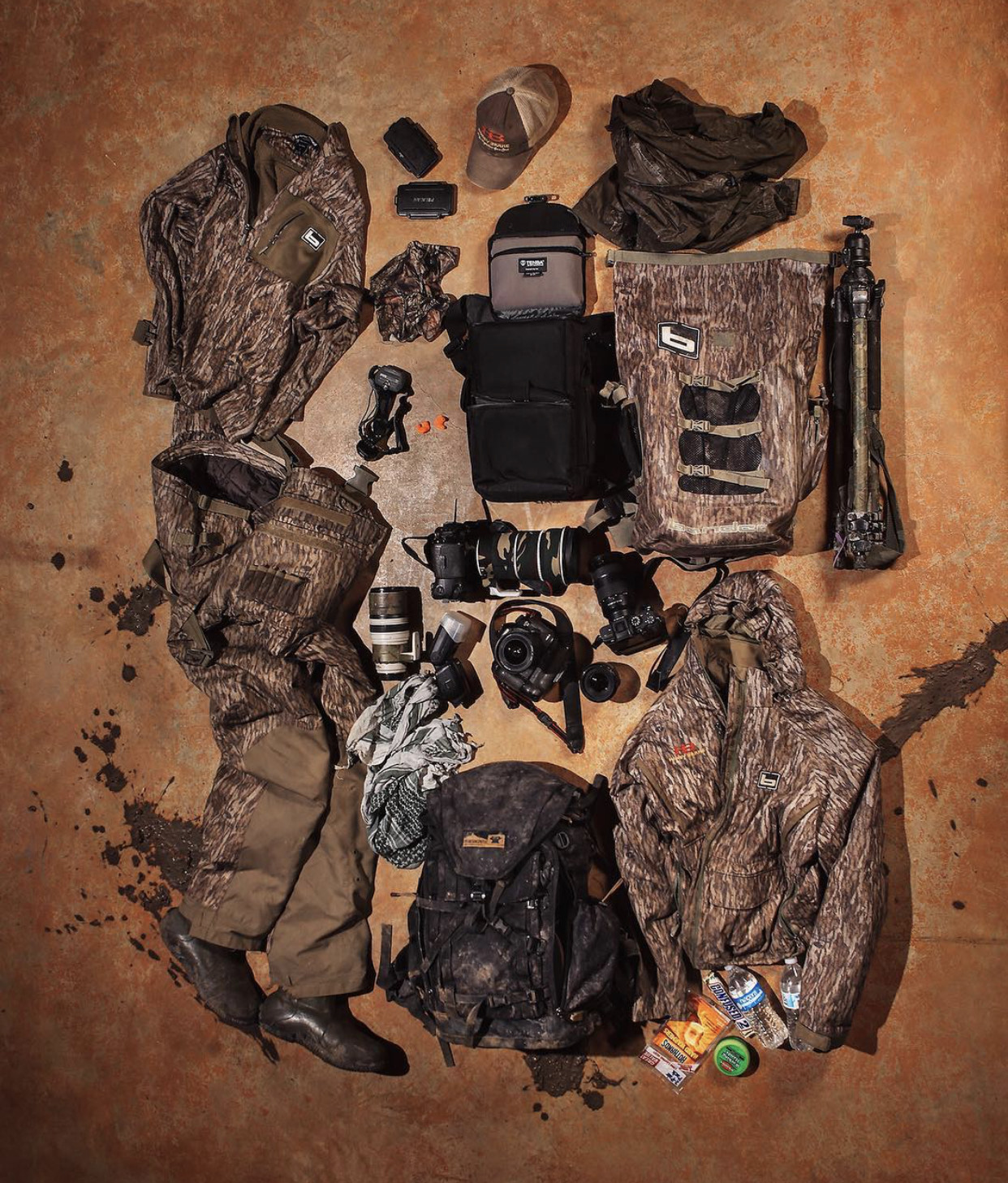
Gear is especially important, because it’s the only thing you’re going to have access to while isolated in the vast nature of the backcountry. You need to make sure you both have the correct equipment for the job, and that it is high quality and won’t fail you when you need it most. For an in-depth breakdown into gear recommendations, check out this article from Mountain House.
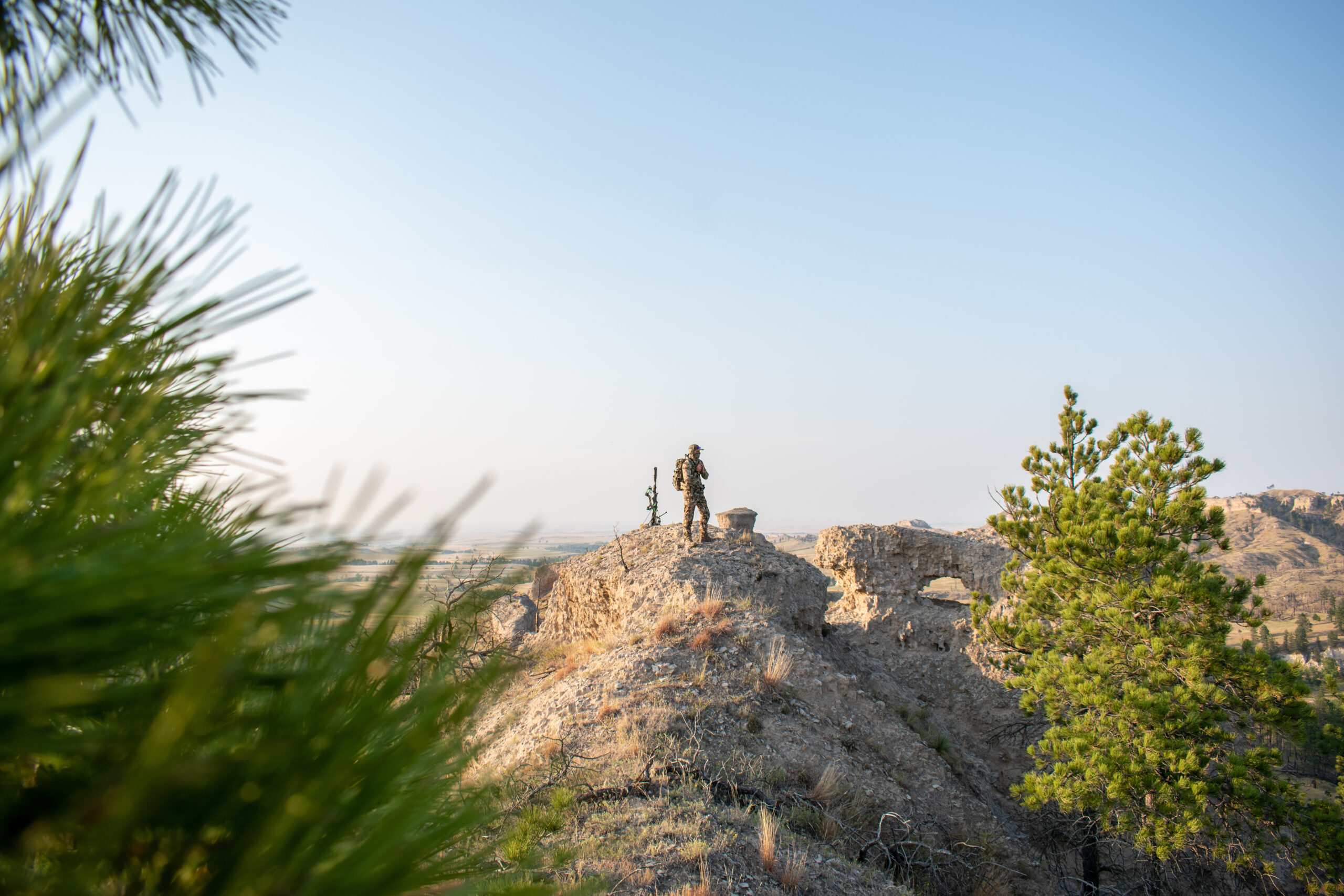
Since you’ll be far away from any civilization, you’ll need to know how to navigate the land. After all, you don’t want to get lost in the middle of an Arizona desert mule deer hunt, do you? My advice is to take a short orienteering class and learn how to use a map and compass with confidence. This method will never fail you and doesn’t allow you to rely completely on your own skills. If you prefer a more convenient route, then you should invest in a high-quality and very reliable GPS. No matter what, always know where you are when backcountry hunting.
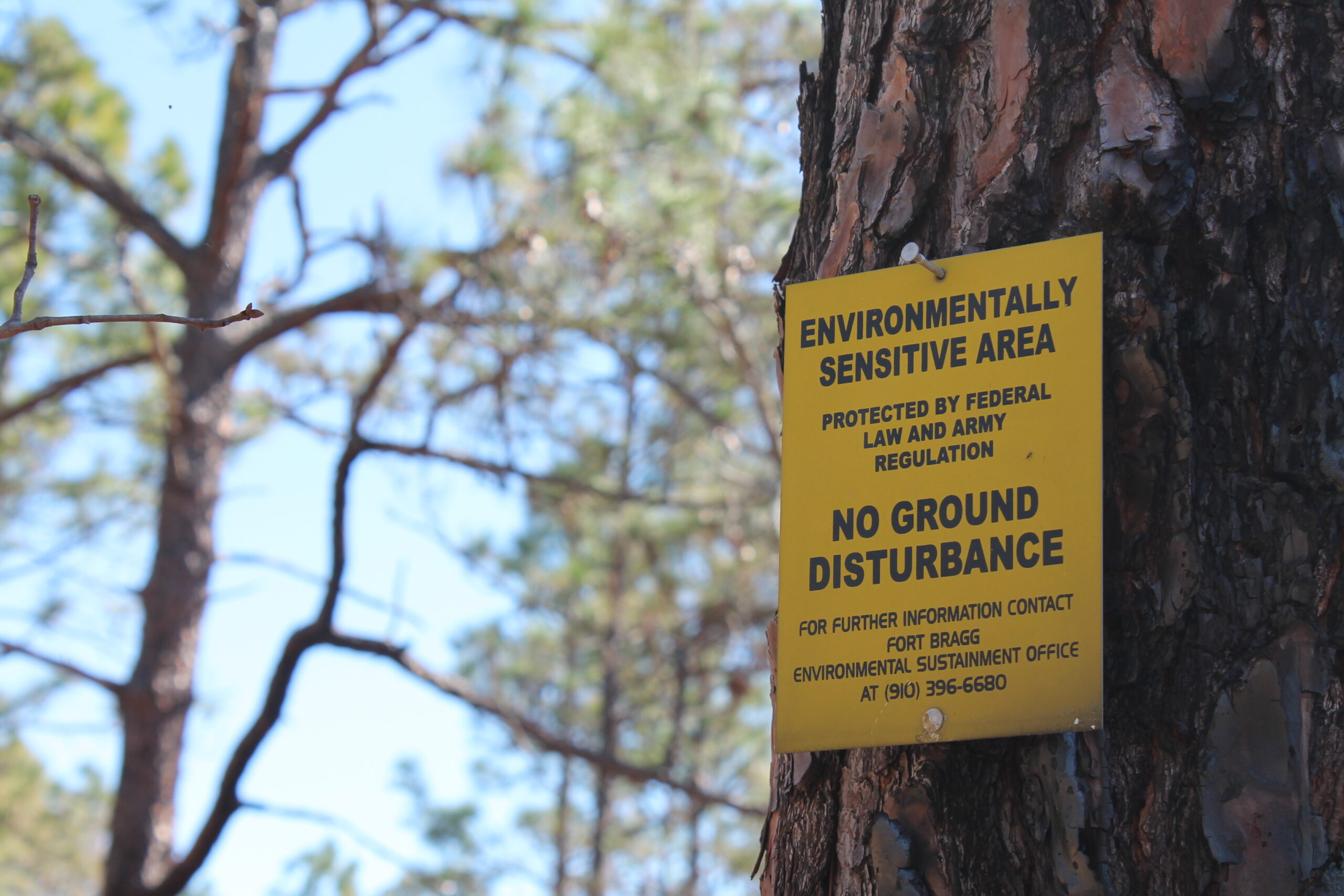
The backcountry is a wonderful place to experience nature far away from civilization and human influence, so try and keep it that way. I impart the principle I learned in Boy Scouts many years ago: leave no trace. Another version of this is “leave nothing but footprints, take nothing but pictures.” It’s self-explanatory, but basically, refrain from disturbing the environment as much as possible and make sure you take everything you brought with you.
Minimize your impact and allow other people to enjoy nature in the same way a hundred years from now. This means not trampling over local flora, not killing animals extraneously, and not leaving trash lying around. This is a simple and easy tip to follow, but unfortunately needs to be mentioned, nonetheless.
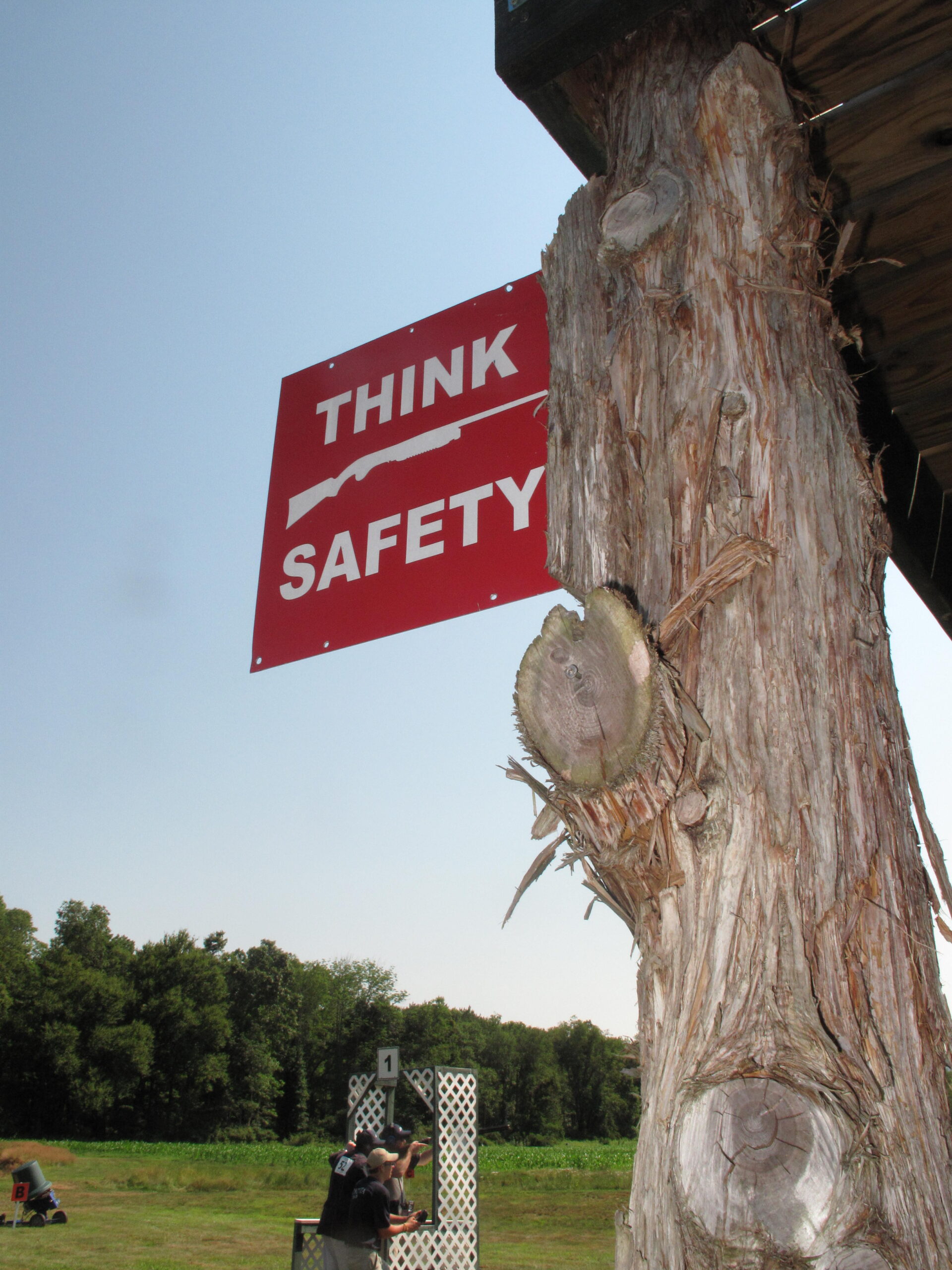
Hunting in the backcountry is dangerous, even when physically fit, having the right gear, and being an expert navigator. It’s vital to prepare as much as possible and always prioritize safety.
If possible, consider making it a duo or group trip so that you’re not hunting alone. If this isn’t possible (or preferable) then make sure you inform someone about your hunting plans and planned route. This way, if something goes wrong, that person can inform emergency services, giving them a much easier time of finding you.
In addition, you should always carry around a communication device like a satellite phone or personal locator beacon. While these devices may seem expensive or superfluous, they can be lifesavers while out in the backcountry—especially if you decided to go solo. Whatever you decide, make sure you prioritize safety above all else.
When you venture into the untamed wilderness, you’ll emerge not only a better hunter, but a better person, with a newfound connection with the natural world and sense of stewardship for future generations. So, if you’re looking for the ultimate hunting experience the way nature intended, journey into the backcountry and let nature’s beauty wash over you.
